In Britain, discussions about race and privilege are often met with discomfort, yet they remain crucial to understanding the inequalities that still shape our society. Here, we explore 19 examples of white privilege in Britain today that you might not have thought about.
Your Name Won’t Hold You Back

According to the BBC, “over 6% of people who are unemployed in the UK are non-white,” and when it comes to job applications, having a traditionally white-sounding name is often an unspoken advantage. Studies have shown that CVs with names that sound “ethnic” are less likely to be shortlisted for interviews, regardless of the applicant’s qualifications.
Walking Into a Shop Without Being Watched
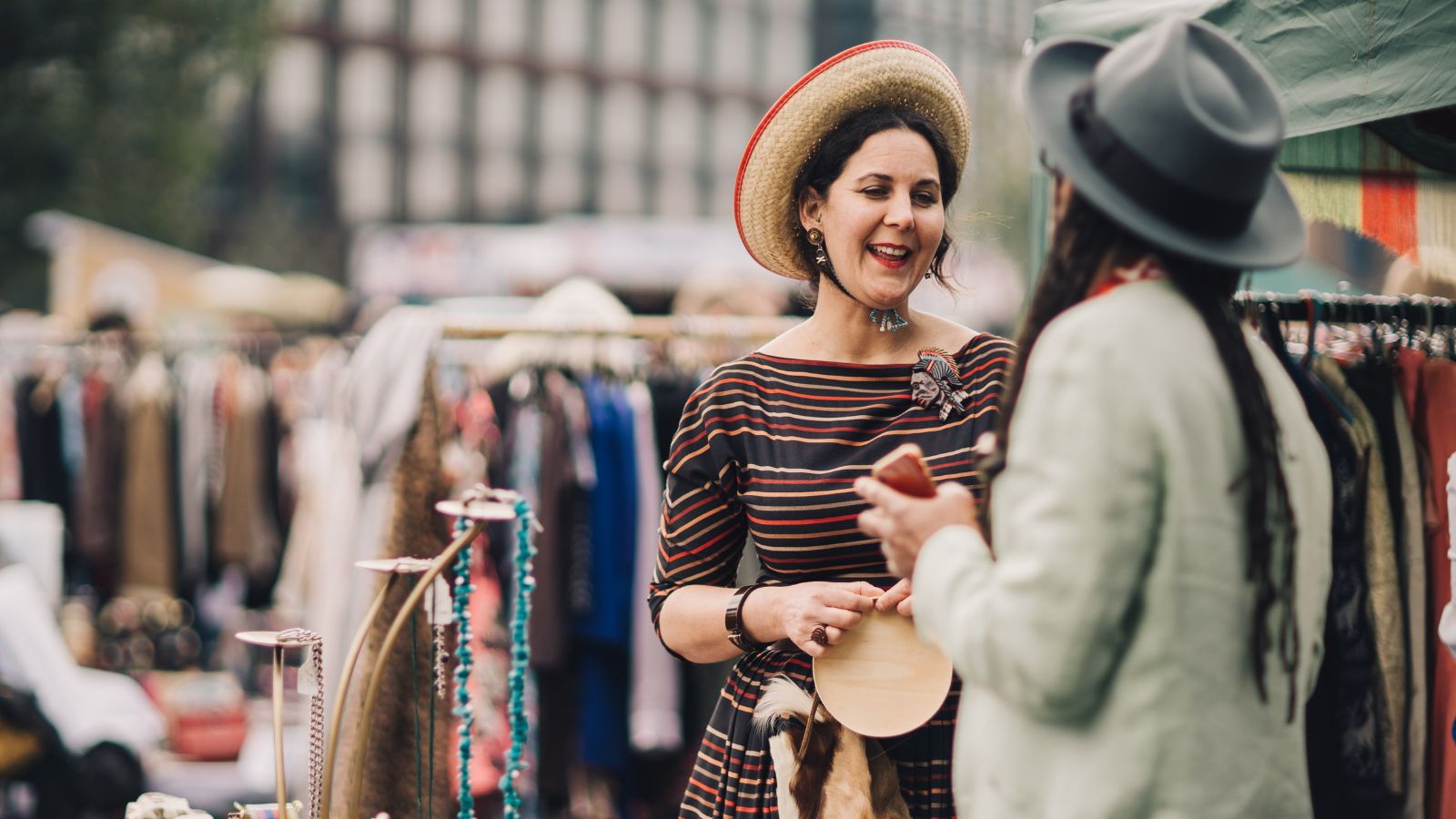
In many shops across Britain, white people can browse freely without the constant fear of being suspected of theft. Black and ethnic minority customers, on the other hand, often find themselves subtly or overtly monitored by staff who assume they might steal something.
You Don’t Have to Think About Your Skin Colour Every Day

For white people, skin colour is often an afterthought, as they rarely need to consider how their race might affect their treatment in a given situation. In contrast, people of colour are frequently reminded of their race, whether through overt racism or more subtle, everyday slights.
Seeing Yourself Represented Everywhere
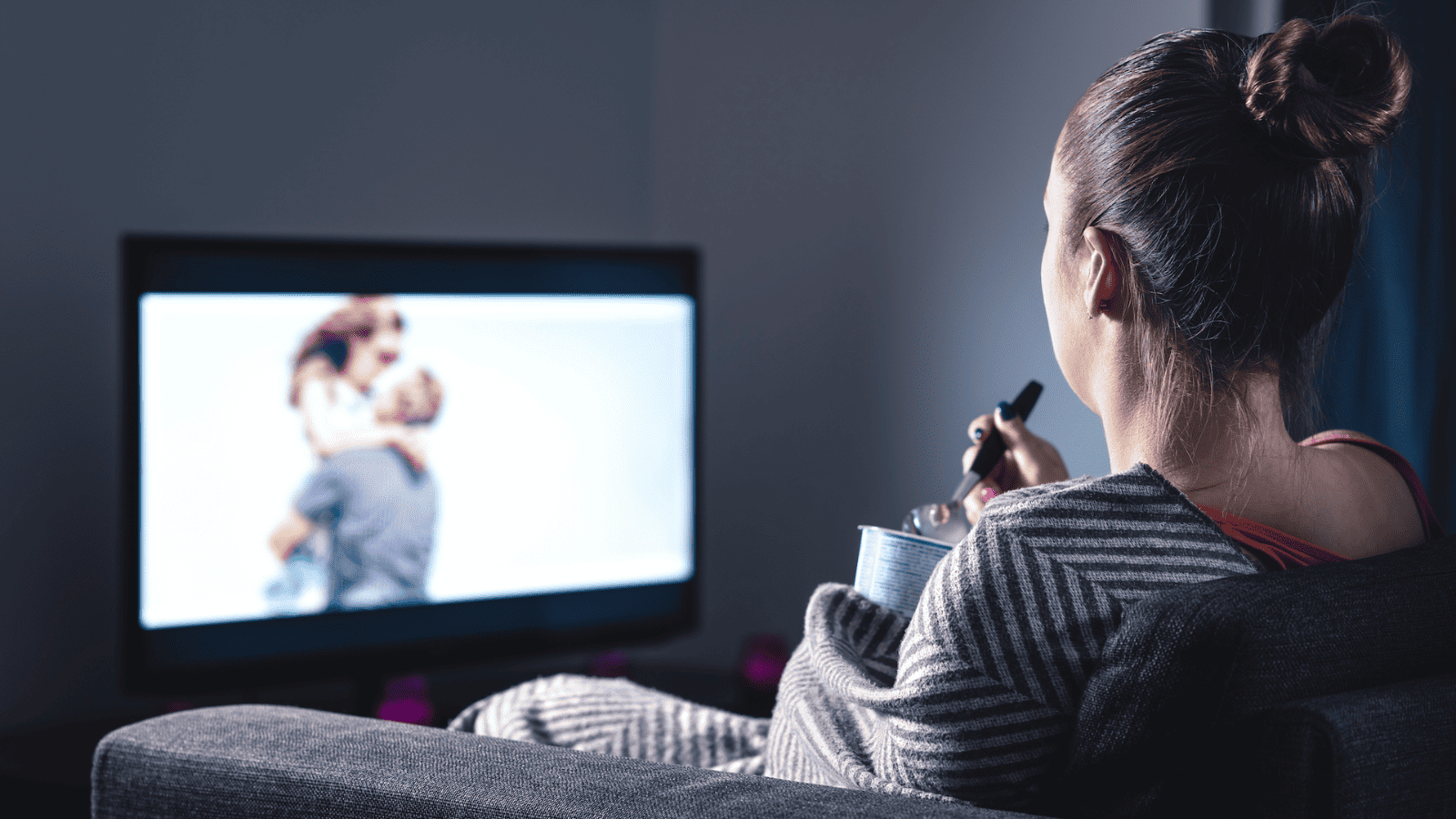
Whether it’s TV shows or advertisements, white faces dominate British media. This constant representation reinforces the idea that being white is the norm. People of colour instead often struggle to find themselves represented in mainstream media, and when they do, it’s often in stereotypical roles.
Your Mistakes Aren’t Blamed on Your Race

When a white individual makes a mistake at work or school, it’s rarely attributed to their race. However, when people of colour slip up, their errors are sometimes unfairly seen as reflective of their entire racial group. This kind of judgement creates additional pressure and perpetuates negative stereotypes.
Less Likely to Be Stopped by the Police
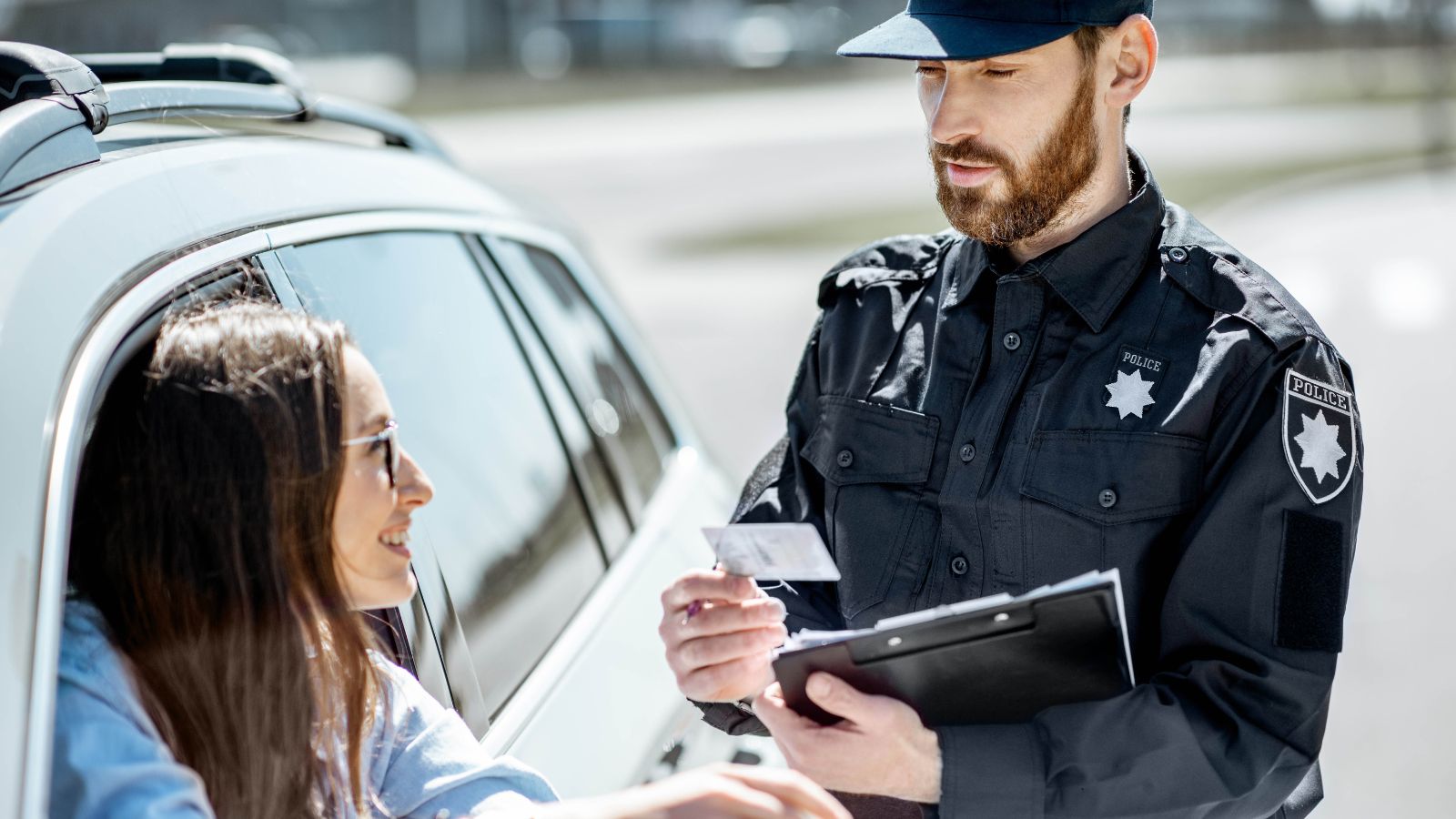
Stop and search powers in Britain disproportionately target people of colour. White people are much less likely to be stopped by the police without cause, meaning they can go about their daily lives without the fear of being unfairly harassed. This disparity highlights a persistent inequality in law enforcement.
Finding Bandages That Match Your Skin Tone
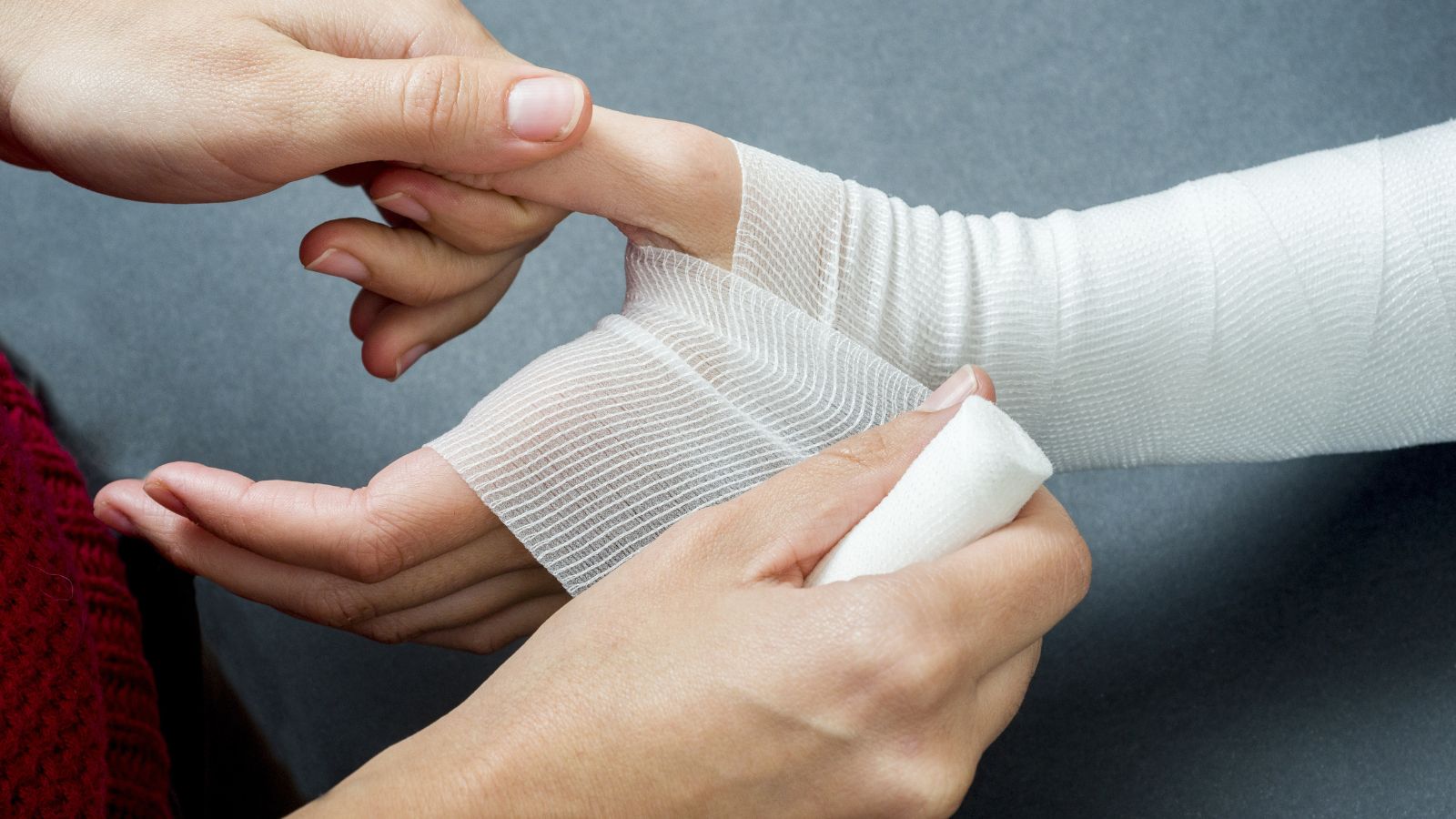
Something as simple as finding a bandage that matches your skin tone is a privilege many people take for granted. Until recently, most plasters were only available in shades suitable for white skin, leaving non-white people without a matching option.
You Don’t Have to Worry About Racist Attacks
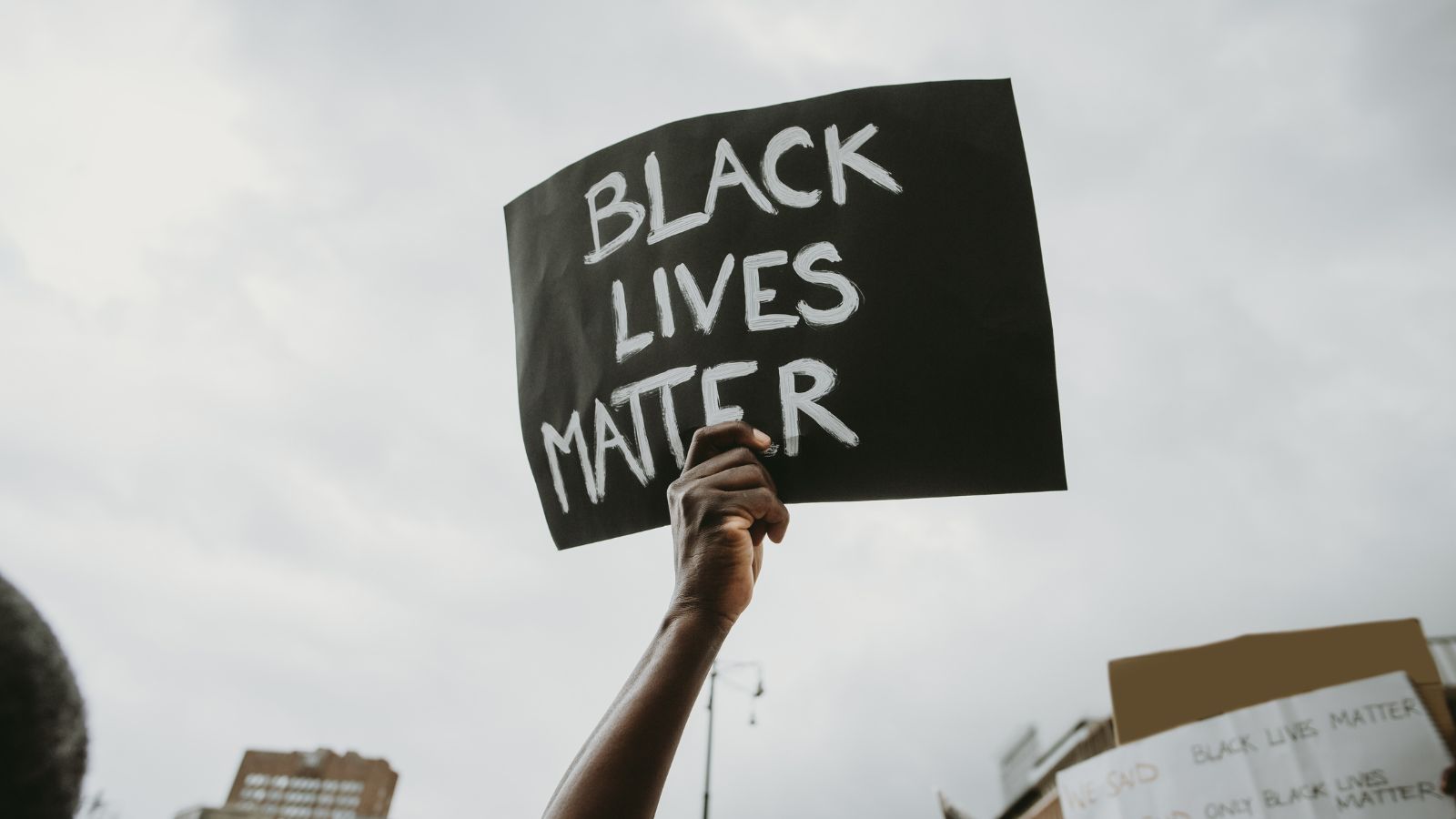
While anyone can be the victim of violence, white people in Britain are less likely to be targeted because of their race. On the other hand, people of colour often live with the fear of racial abuse or physical attacks. This is especially true in areas where racial tensions are high, meaning a state of constant vigilance.
Your Culture Isn’t Exoticised

In Great Britain, white culture is considered the default, while the customs and traditions of people of colour are often exoticised or misunderstood. White people can celebrate their culture without it being seen as unusual or different, but people of colour often find their cultural practices misunderstood, mocked, or appropriated.
Speaking Freely Without Being Seen as Aggressive

If you’re light-skinned, you can express your opinions and emotions without the fear of being stereotyped as aggressive or angry. People of colour, especially black individuals, often have to temper their tone to avoid being unfairly labelled as hostile.
Your Successes Are Celebrated, Not Questioned

When a white person achieves success, it’s usually attributed to their hard work and talent, but people of colour often have their achievements questioned or downplayed. Others assume they benefited from diversity quotas or other external factors. This constant questioning undermines their accomplishments, to say the least.
More Likely to Get a Fair Trial

In the British legal system, white people are more likely to receive fair treatment compared to Black people. Studies have shown that racial bias can influence everything from the likelihood of being charged to the severity of sentencing. White privilege in the courtroom means less fear of unjust outcomes.
You Don’t Have to Justify Your Existence in White Spaces

Those who are white can enter predominantly white spaces—whether it’s a posh restaurant or a high-end boutique—without feeling out of place. For other ethnicities, entering these spaces can come with the burden of proving they belong, as they often face subtle or overt questioning of their right to be there.
Not Being Expected to Represent Your Entire Race
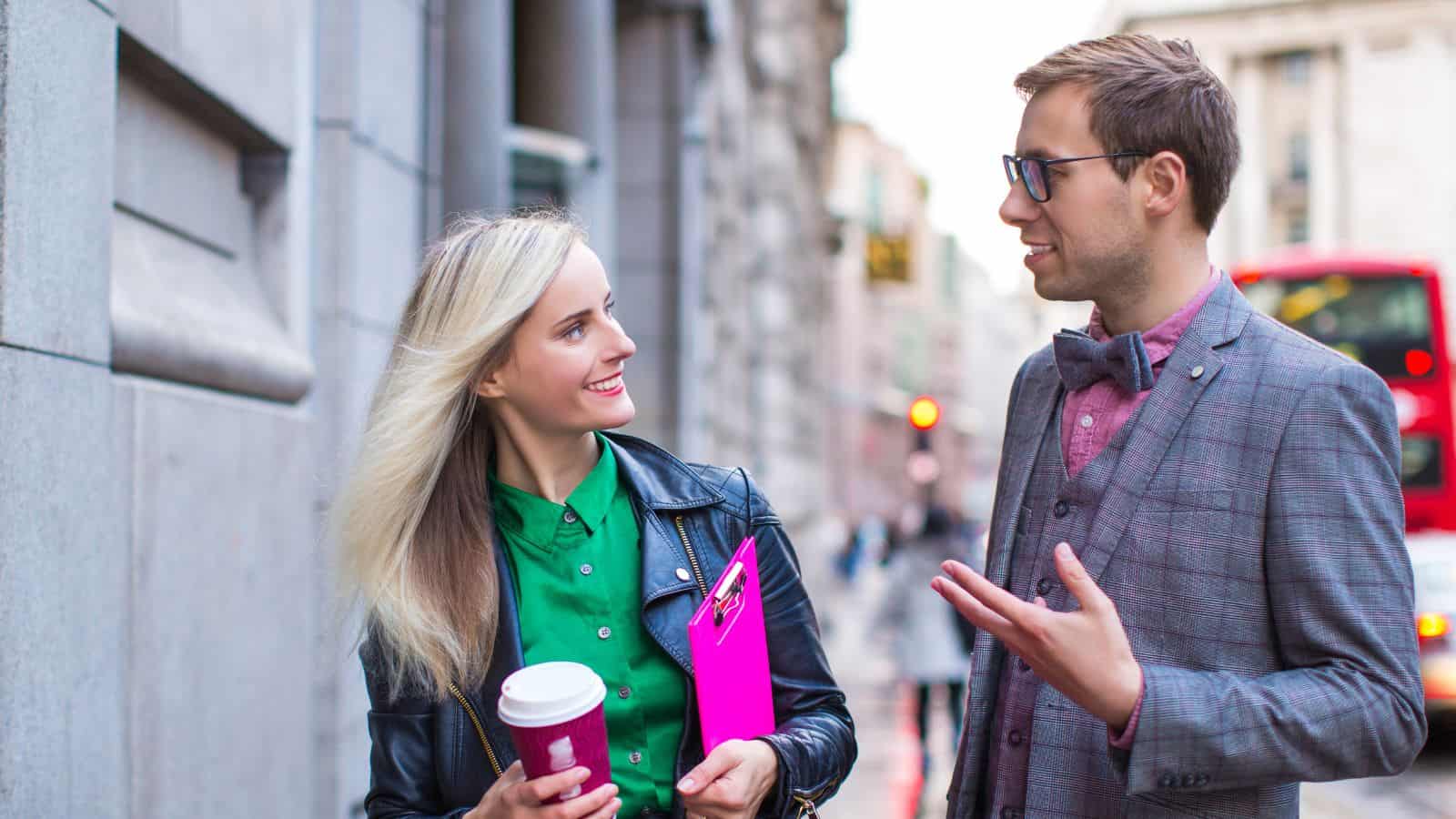
When white people express an opinion, it’s generally seen as their own. People of colour, however, are often expected to speak on behalf of their entire race, which is an unfair and impossible expectation. This pressure adds an extra layer of responsibility that white individuals don’t have to bear.
Finding Products for Your Hair and Skin Easily

Most hair and skincare products in Britain are designed with white people in mind, which means they can walk into any supermarket or pharmacy and find products suited to their needs. Meanwhile, people of colour often have to search harder and pay more for products that cater to their specific hair and skin types.
You Can Go on Holiday Without Racist Incidents

Travelling while white often means being treated as a welcome guest, especially in predominantly white countries. In comparison, people of colour frequently encounter racism or microaggressions while travelling, both from other tourists and locals. This privilege allows white people to enjoy their holidays without the added stress of dealing with racism.
Not Having to Educate Others About Your Race

It’s very rare for light-skinned individuals to be expected to educate others about what it means to be white. Instead, people of other ethnicities are often called upon to explain racism, cultural differences, and the impacts of white privilege to those who are unaware. This expectation places an unfair burden on individuals who are already dealing with the effects of racism.
You Can Get through Airport Security Without Extra Scrutiny

At airports, white travellers are less likely to be singled out for additional security checks. People of colour, especially those from certain ethnic backgrounds, are often disproportionately targeted for searches and questioning, and this kind of racial profiling reinforces a sense of alienation.
Not Fearing Deportation Threats

Finally, for white British citizens, the idea of being told to “go back to where you came from” is a foreign concept. However, it’s very different for people of colour. Even those born and raised in the UK can face this racist slur, which suggests they don’t truly belong.







